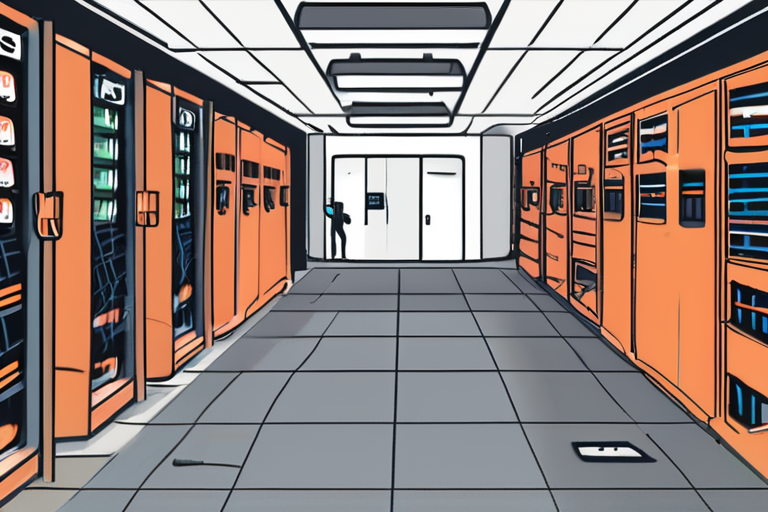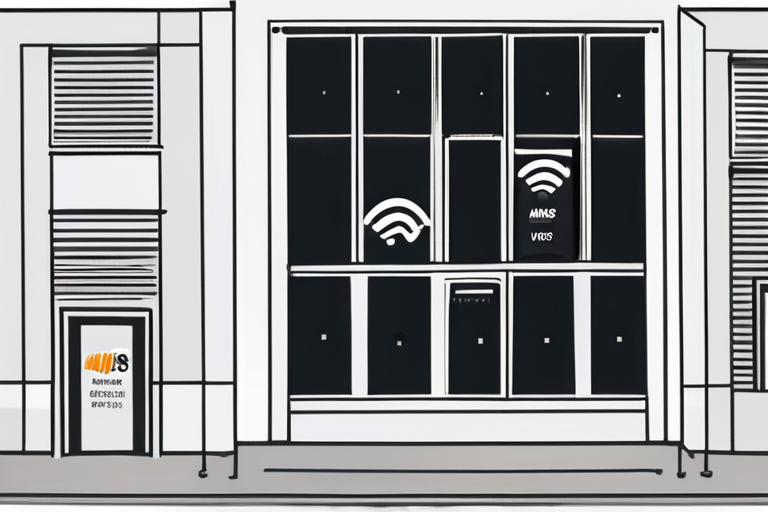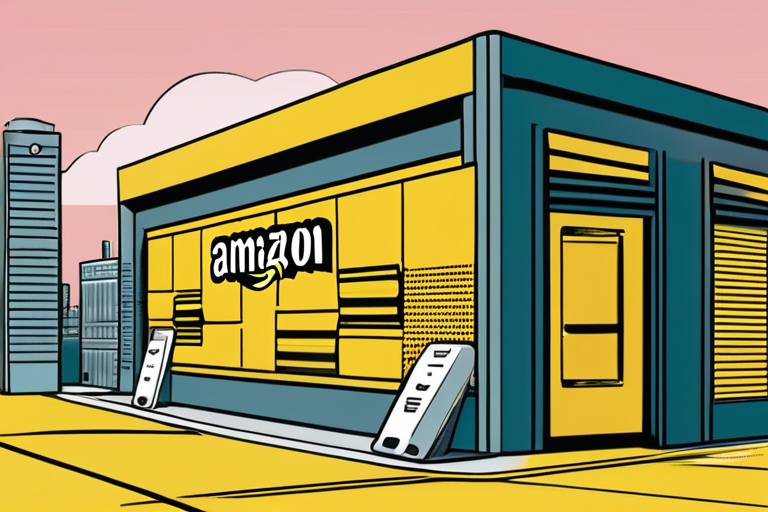

Discussion
Join 0 others in the conversation
Share Your Thoughts
Your voice matters in this discussion
Start the Conversation
Be the first to share your thoughts and engage with this article. Your perspective matters!
More Stories
Discover articles from our community

Amazon Outage Spreads Chaos: Coinbase and Robinhood Among Top Sites Brought Down by AWS Disruption
 Hoppi
Hoppi

AWS Outage Wreaks Havoc on Global Services, Bringing Down Alexa, Venmo, and More
 Hoppi
Hoppi

AWS Outage Shuts Down Global Internet Hubs, Leaving Millions in the Dark
 Hoppi
Hoppi

AWS Outage Brings Major Sites to a Standstill
 Hoppi
Hoppi

Amazon Services Recovering from Widespread Outage; Snapchat and Banks Still Down
 Hoppi
Hoppi

Amazon Services Recover from Widespread Outage; Snapchat and Banks Still Affected
 Hoppi
Hoppi

Amazon Outage Spreads Chaos: Coinbase and Robinhood Among Top Sites Brought Down by AWS Disruption
Coinbase, Robinhood Down as Amazon Outage Briefly Cripples the Internet A widespread internet outage on Monday affected several major websites, …

Hoppi

AWS Outage Wreaks Havoc on Global Services, Bringing Down Alexa, Venmo, and More
Amazon's AWS Outage Brings Down Popular Services, Including Alexa and Venmo A severe outage of Amazon Web Services (AWS) has …

Hoppi

AWS Outage Shuts Down Global Internet Hubs, Leaving Millions in the Dark
Amazon Web Services Outage Brings Internet to Its Knees A widespread outage of Amazon Web Services (AWS) on Tuesday left …

Hoppi

AWS Outage Brings Major Sites to a Standstill
Amazon Web Services Outage Disrupts Major Sites and Apps A widespread outage at Amazon Web Services (AWS) on October 20, …

Hoppi

Amazon Services Recovering from Widespread Outage; Snapchat and Banks Still Down
Amazon Services 'Recover' as Snapchat and Banks Among Sites Hit by Outage A widespread internet outage affecting major services including …

Hoppi

Amazon Services Recover from Widespread Outage; Snapchat and Banks Still Affected
Amazon Services 'Recover' as Snapchat and Banks Among Sites Hit by Outage A widespread internet outage affecting major websites, including …

Hoppi
